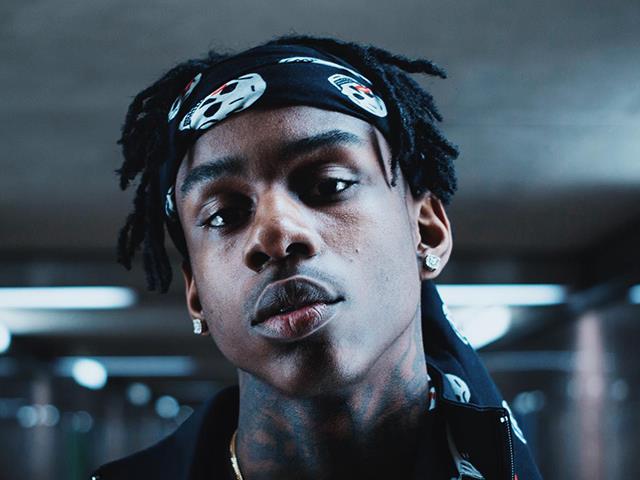I Disagree: ‘Bloom’ Troye Sivan
As part of CMN’s ongoing Music Journalism Program, our music team was asked to pick out a recent album review that they disagreed with. Their task was to explain why they didn’t share the viewpoint of the reviewer.
Troye Sivan’s Bloom is a mystifying pop album filled with euphoric club bops and introspective love ballads. Its pure pop fun, detailing Sivan’s perspective on life as a young queer person, and the formative experiences like love, heartbreak, and sex that come with it.
This album should be well on its way to becoming a staple in not only Sivan’s career, but in the history of recent pop music.
Some reviewers however, disagree.
In a review by Pitchfork contributor Jamieson Cox, the album got a 7.5/10 rating. Cox compares the album’s musical experience to that of Ariana Grande’s Sweetener, concluding the recording is less “consistent” and “engaging.” He believes that Bloom would feel “exhausting” if every song was built around a formative experience, and declares that most of the album “congeals into a tasteful muted lump.”
Grande’s Sweetener is a celebrated release but, comparing a seasoned pop princess to an incoming gay icon is not an accurate representation of the duality in either of the artists music.
The diversity in Sweetener is only prominent because as a veteran artist, Grande has already developed a wildly recognizable sound. When she decides to divert from her norm and experiment with more airy beats and light production, it’s going to be more noticeable. Sivan — having just released his sophomore album — is consistent in the way he plunges into the narrative of Bloom. The sound he captured on the project, although different from the more electronic and synthesized sound on his debut Blue Neighborhood is no less engaging.
The idea that Bloom would feel “exhausting” if every song on the album was built around formative experiences like its title track about bottoming or its intro about sneaking onto Grindr under aged, is unsound and inaccurate. The statement in itself is flawed because every song on the album is built around such experiences no matter how obvious.
“My My My!” for example, is about throwing inhibitions to the wind and exploring sexuality at the impulse of desire. “Dance to This” — featuring Grande herself — details the bliss that can be found from a steady partner. Each of these are happenings that are especially significant, and at most times emotional, for queer youth.
Bloom is not a “tasteful muted lump,” but a dynamic pop powerhouse. Beyond the catchy choruses and the pop-gold melodies of the up-tempo singles, Sivan manages to explore a different type of vulnerable adversity through each of the ballads.
“What a Heavenly Way to Die,” is one the best tracks, a more mature version of the alternative electropop of Blue Neighborhood. The lyrics express a pure, blissful feeling that comes from reminiscing on old times with a lifelong partner.
“Animal,” the final track and ballad on the album, is like an ending to an epic sonnet. The drums crash like booming thunder while the guitar shoots through the track like jolts of lightning, unexpectedly pulling at your emotions. Essentially, the track is about loving someone so much you feel like an animal with them. A love instinctual to your nature, engraved in your DNA.
With Bloom Sivan has grown in confidence. His sexuality is no longer the subject of tragedy in trilogy, but is celebrated throughout, catapulting him into the pop elite.




